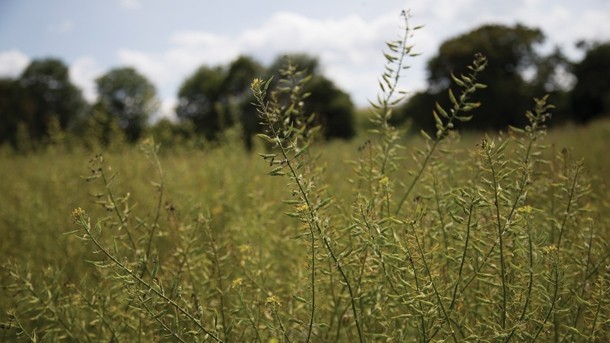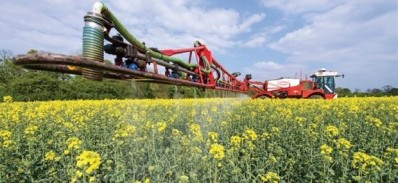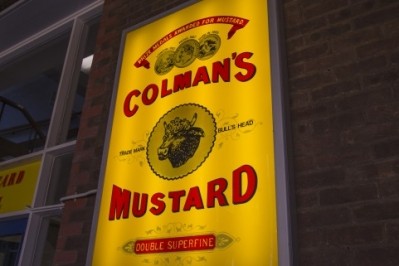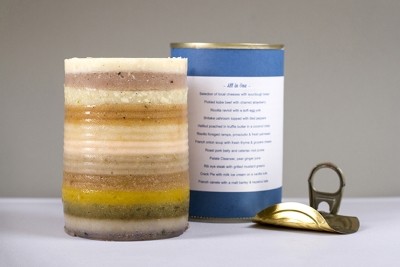Neonic ban threatens UK mustard crop

“Not using neonicotinoids on mustard is an undoubted risk to the UK’s mustard crop,” said Anthony Keeling, deputy chairman of seed specialist Elsoms. “If we can’t use them, then the 2015 mustard harvest will be dramatically reduced,” he warned.
A two-year ban on neonicotinoids is being imposed by the European Commission, after research claimed they posed a risk to honeybees. However, the UK government rejected the ban last year, saying there was not enough scientific evidence to support it.
'Biggest threat'
UK mustard production last year recovered to 2.2t a hectare from 0.5t a hectare in 2007, following an exodus of growers and poor crop quality, said Michael Sly, chairman of English Mustard Growers. “If neonicotinoids are banned here, then other ineffective chemicals not used in decades would have to be used, which don't work as well on mustard's biggest threat, the flea beetle,” he added.
Unilever sourced half of its annual 40t mustard seed requirements from UK growers and it was a major source of income for them, said Sly. If farmers were unable to control the flea beetle, then crops would be wiped out, warned Guy Smith, vice president of the National Farmers Union (NFU).
“We [the NFU] are not convinced that science against the use of neonicotinoids and their affect on bees is robust enough,” Smith added. A heightened risk of crop failure would deter farmers from growing mustard, he said.
Risk
More research was needed to reduce the risk posed by the flea beetle without resorting to neonicotinoids, urged David Pendlington, procurement operations director at Unilever.
“Mustard is a minor crop in the UK and we need to protect what we have,” said Pendlington. “We don’t know exactly what the risk [of banning neonicotinoids] will be, but we need to find an alternative solution if UK-grown mustard is to be used in Colman’s.”
Meanwhile, the government’s National Pollinator Strategy, designed to curb the decline of the UK’s honeybee population, will be published in October.
Colman’s mustard is celebrating its 200th anniversary this year. View our photogallery to see how Colman’s has combined old and new machinery to produce the condiment, which is shipped across the world.
















